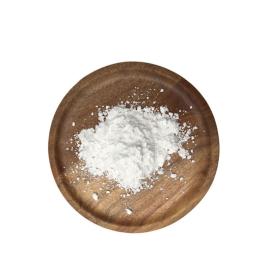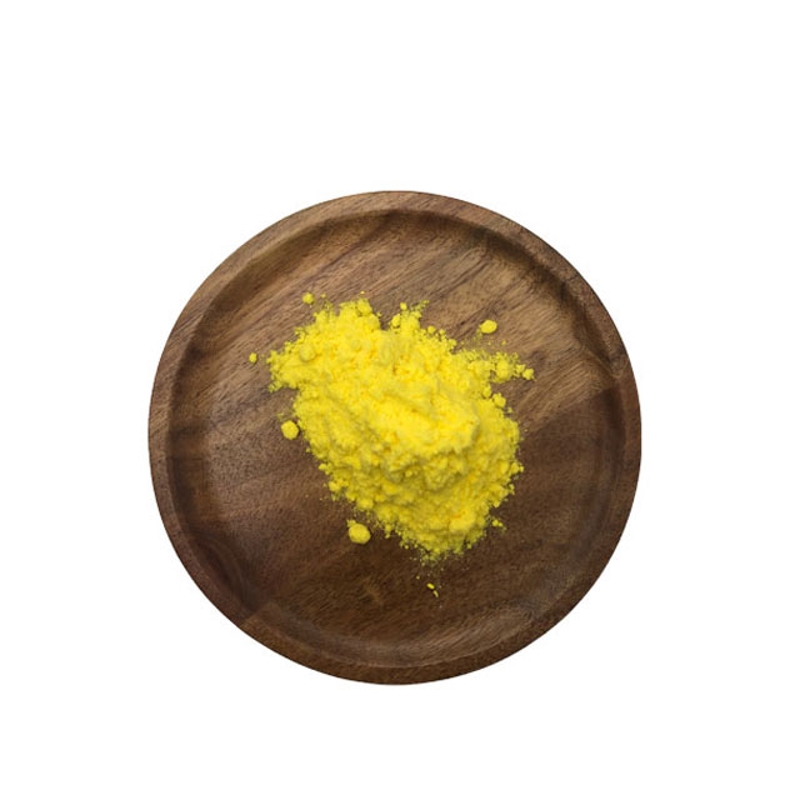-
Categories
-
Pharmaceutical Intermediates
-
Active Pharmaceutical Ingredients
-
Food Additives
- Industrial Coatings
- Agrochemicals
- Dyes and Pigments
- Surfactant
- Flavors and Fragrances
- Chemical Reagents
- Catalyst and Auxiliary
- Natural Products
- Inorganic Chemistry
-
Organic Chemistry
-
Biochemical Engineering
- Analytical Chemistry
- Cosmetic Ingredient
-
Pharmaceutical Intermediates
Promotion
ECHEMI Mall
Wholesale
Weekly Price
Exhibition
News
-
Trade Service
Stereotactic ablative radiotherapy (SABR) is a non-invasive treatment option for primary renal cell carcinoma, and long-term prognostic data remain to be seen
.
The primary objective of the study was to report on the long-term efficacy and safety
of SABR in the treatment of localized renal cell carcinoma.
This was a meta-analysis study of patients with primary renal cell carcinoma treated with SABR
.
Patients enrolled were required to have been followed for at least 2 years, be at least 18 years old, have any presentation status, and have not received other topical therapies
before.
Exclude patients with
metastatic renal cell carcinoma or urothelial carcinoma.
The primary endpoint was the local failure rate
assessed by the investigator.
A total of 190 patients (73% men, median age 73.
6 years) treated with SABR from 23 March 2007 to 20 September 2018 were included in this analysis
.
Eighty-one (43%) patients received a single SABR and 109 (57%) received fractionated SABR.
The median follow-up was 5.
0 years
.
The median tumor diameter was 4.
0 cm
.
Of the 128 patients with surgical evaluation details, 96 (75%) were evaluated by a urologist as not eligible for surgery
.
Of the 190 patients, 56 (29%) had solitary kidneys
.
The median baseline estimated glomerular filtration rate (eGFR) was 60.
0 mL/min·1.
73 m2, and the median decrease after 5 years of SABR was 14.
2 mL/min·1.
73 m2
.
Seven (4%) patients required dialysis after SABR
.
The cumulative incidence of local failure at 5 years was 5.
5% (95% CI 2.
8 to 9.
5), and the local failure rate of a single SABR was lower than that of fractionated SABR (Gray's p=0.
020).
There were no grade 3 toxic effects or treatment-related deaths
.
One (1%) patient developed acute grade 4 duodenal ulcer and advanced grade 4 gastritis
.
In summary, SABR is long-term effective and safe for patients with primary renal cell carcinoma
.
Single SABR may produce fewer local failure outcomes than fractionated SABR, but further randomised trial evidence is needed to clarify the best treatment regimen
.
Original source:
Shankar Siva, et al.
5-year outcomes after stereotactic ablative body radiotherapy for primary renal cell carcinoma: an individual patient data meta-analysis from IROCK (the International Radiosurgery Consortium of the Kidney).
The Lancet Oncology.
November 15, 2022.
https://doi.
org/10.
1016/S1470-2045(22)00656-8







